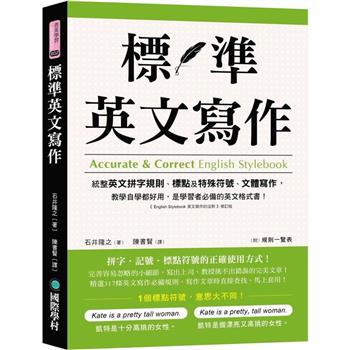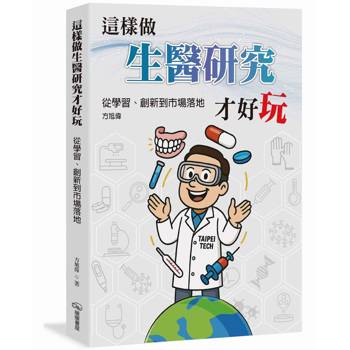In A Sourcebook for Classical Logic John Tomarchio offers a brief sequence in classical Logic befitting an unspecialized study for students of liberal arts and sciences. The sequence is made up of select texts of the Aristotelian Organon, mostly the opening chapters of each treatise, in the traditional order, where Aristotle lays out the primary elements of reasoning. Study aids accompany these primary texts, providing students with mnemonics and diagrams developed in his classroom at St. John’s College, Annapolis. The culmination of this Aristotelian Logic sequence is selections from the Posterior Analytics where Aristotle offers an account of the demonstrative reasoning of theoretical sciences. The interest of this Sourcebook, as of Aristotelian Logic, is search for such knowledge.
Tomarchio prefaces this Aristotelian sequence with a sequence of readings in Medieval grammatica speculativa, or philosophy of language. This propaedeutic sequence begins with an ancient source to which that metaphysically minded ’grammar’ recurred, namely Augustine’s De magistro, or On the Teacher. It is a dialogue between Augustine and his son about the triadic relation of the spoken word to the word thought and the thing thought about. This aporetic dialectic is effective in awakening students to the theoretical stakes of Logic. Similarly, from later theological inquiries into language for purposes of scriptural interpretation more general theories of language emerged. The theoretical uses made of Aristotelian Logic by the Jewish theologian Maimonides and the Catholic Thomas Aquinas whet student appetite for the technical matter of the Organon sequence to follow.











